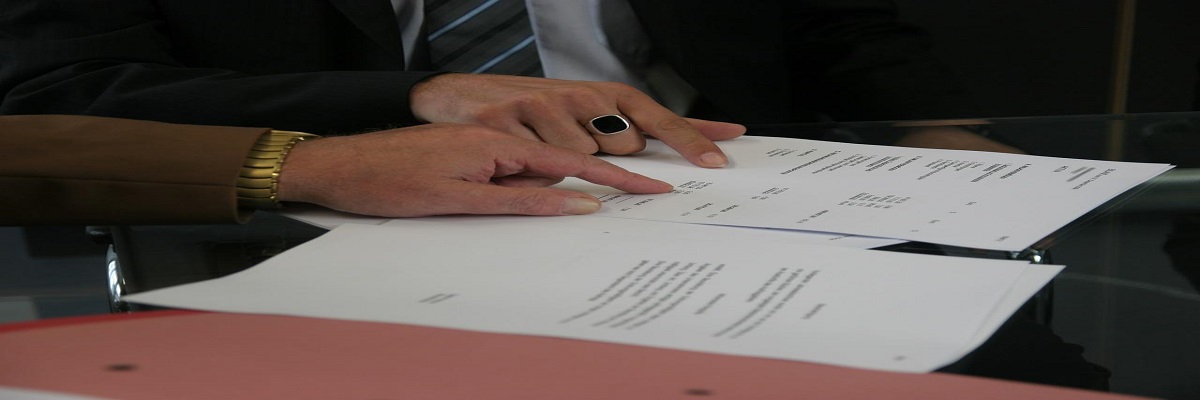Call: 888-297-6203
People file for bankruptcy for getting protection against their creditors. And the federal law has made a bankruptcy code and Bankruptcy court to handle all the cases.
When you apply for bankruptcy it is known that some of your assets will go under Bankruptcy estate that will be handled by a bankruptcy trustee appointed to your case. He or she will sell the bankruptcy estate and distribute the money from it to your creditors to settle your debts, the rest unpaid debts will be discharged thereafter.
In chapter 7 liquidation Bankruptcy case all of your property will not go to the Bankruptcy estate, there are exemption laws set for the debtor whether it be personal or business case so that they know what all properties are considered exempt and which are considered non-exempt.
How does exemption work?
The bankruptcy law allows you to keep some properties from the bankruptcy estate also known as exempt property and the properties that have to go to the Bankruptcy estate are known as non-exempt property.
A bankruptcy debtor can keep a part of his or her property from the bankruptcy estate and if done right almost all the properties are exempted but some properties are at least saved from going into the bankruptcy estate.
Exempt properties are also known as necessities of life, which include a primary residence, clothes, furniture, and maybe a vehicle. The bankruptcy court understands that a debtor files for bankruptcy to get rid of his or her crushing debts and start a fresh secured financial future. Taking everything from there is not productive and this is something the court realizes.
Some of the examples of exempt and non-exempt properties of a chapter 7 bankruptcy case are given below-
Properties that come under Non-Exempt property-
- Expensive musical instruments unless he or she is in a musical profession
- Collections of stamps, coins, and/or valuable items
- Family heirloom
- A Second or vacation house
- A second vehicle
- Cash, bank account balance, stock, investments, etc.
Properties that come under exempt property-
- A primary residence up to a limit
- A vehicle up to a limit
- Reasonably necessary Clothes
- Reasonably necessary household items and furnishings
- Household appliances
- Jewelry up to a certain limit
- Pensions
- A portion of the equity in a debtor’s home.
- Tools or trade of a debtor’s progression up to a certain limit.
- A portion of unpaid but earned wages
- Damages awarded for personal injury.
- Public benefits like social security and unemployment compensations.
To get a clearer picture of which property comes under which type of property, you should contact good legal counsel as consulting a good local bankruptcy attorney can help you get maximum benefits out of your chapter 7 bankruptcy case.
If you want good legal counsel and if you live near Los Angeles & Dallas, TX, reach the Recovery law group – (888-297-6203).

